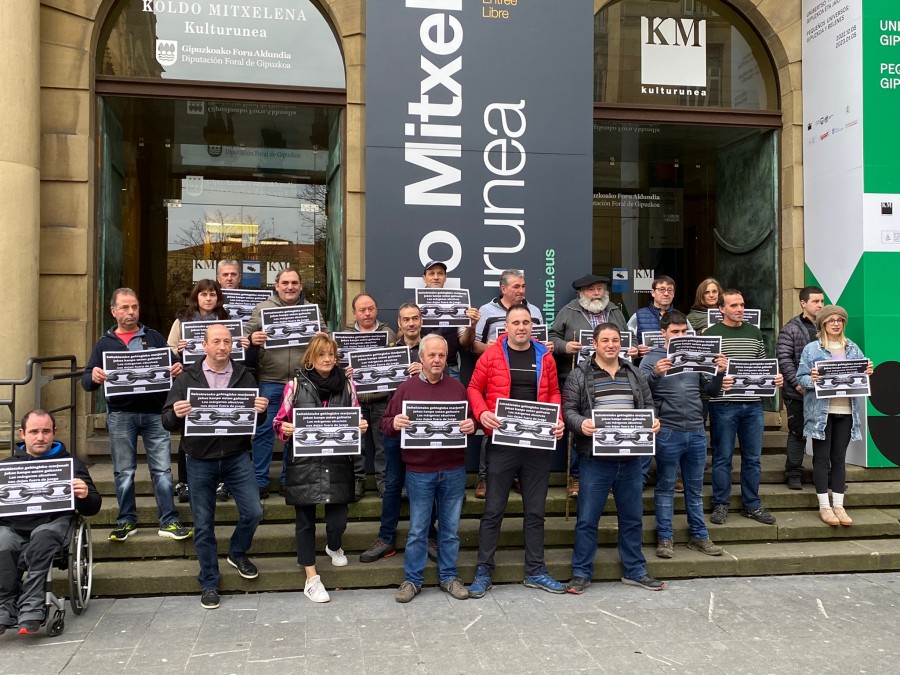Farmers report that department stores apply excessive prices to their products
- The Basque agricultural union ENBA has included in a report the prices to which they market their products, concluding that they sell "much more expensive" than they buy. For example, shops increase cow's milk by 45-55% and chicken by 70-80%, among others. It has been rejected as a "bait" for consumers, redirecting it to the white label, lowering it. They call for action from the shops and the Basque Government.

The Basque agricultural union ENBA denounces that the shops "greatly and artificially" increase their products by reducing their sales. On Monday the report of the final price investigation of its products was presented in San Sebastian, and most show an increase of more than 50%. They criticise the use of local food to attract consumers, but then to buy white labels at low prices.
Local product prices are as follows: 33% in beef, 45-55% in cow's milk, 45% in supermarket tomato, 75-85% in traditional shop tomato, 45-55% in cheese, 55% in yogurt, 68% in apple, 70% in honey, 70-80% in chicken, 73% in Gernika pepper, 87% in apple and 118% in lettuce.
Xabier Iraola of ENBA and Iñaki Goenaga, coordinator of the union and president of Gipuzkoa respectively, explain that with the increase of these margins the prices of agricultural products are “above the purchasing power of families”; in the last year the sale of indigenous food has decreased by 10-12%, and sometimes farmers do not cover the costs.
They report on the existence of a series of “clandestine” commissions that require businesses and distributors to remove them because they are “unjustly” required.
Farmers have demanded that the “excessive” margins be reduced and that the sale of local products be encouraged, “so that they are not just an advertising bait”.
It has also addressed the Basque Government: “Let the Food Chain Observatory accelerate the march, publish production cost reports and control distribution and sales companies.” The Government launched the Observatory in March with the aim of calculating production costs and ensuring the balance and competition of the food chain.

EHNE Bizkaia eta ENBA Bizkaia nekazal sindikatuek, Bilboko Arriaga antzoki parean ostiralean egingo den elkarretaratzera deitu dituzte nekazaritza elkarte eta koperatibak, Nekazaritzak badu etorkizuna, arduraz joka dezagun lelopean.
"Larria da esne-sektorearen egoera eta, oro har, nekazaritza-sektorearena", salatu dute EHNE, EHNE Bizkaia, UAGN, UAGA eta ENBA sindikatuek. Asteartean Iruñean egin zuten elkarretaratzea, Mercadona supermerkatu baten aurrean; atzo Gasteizen bildu ziren, Gobernu... [+]











